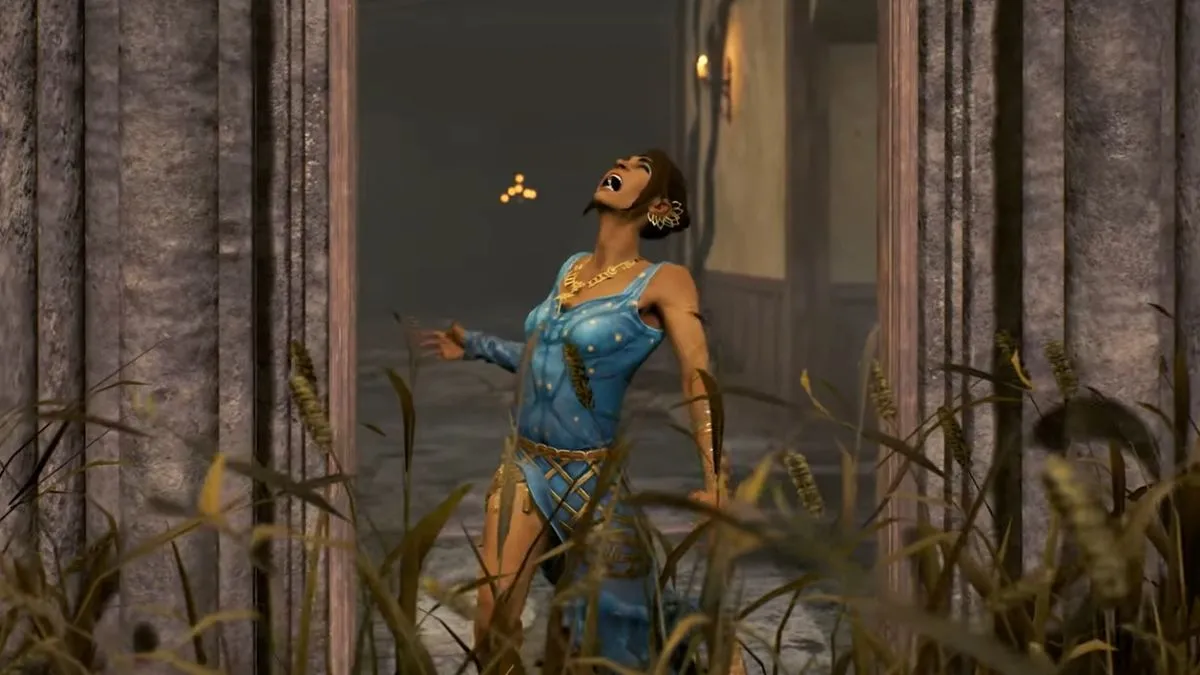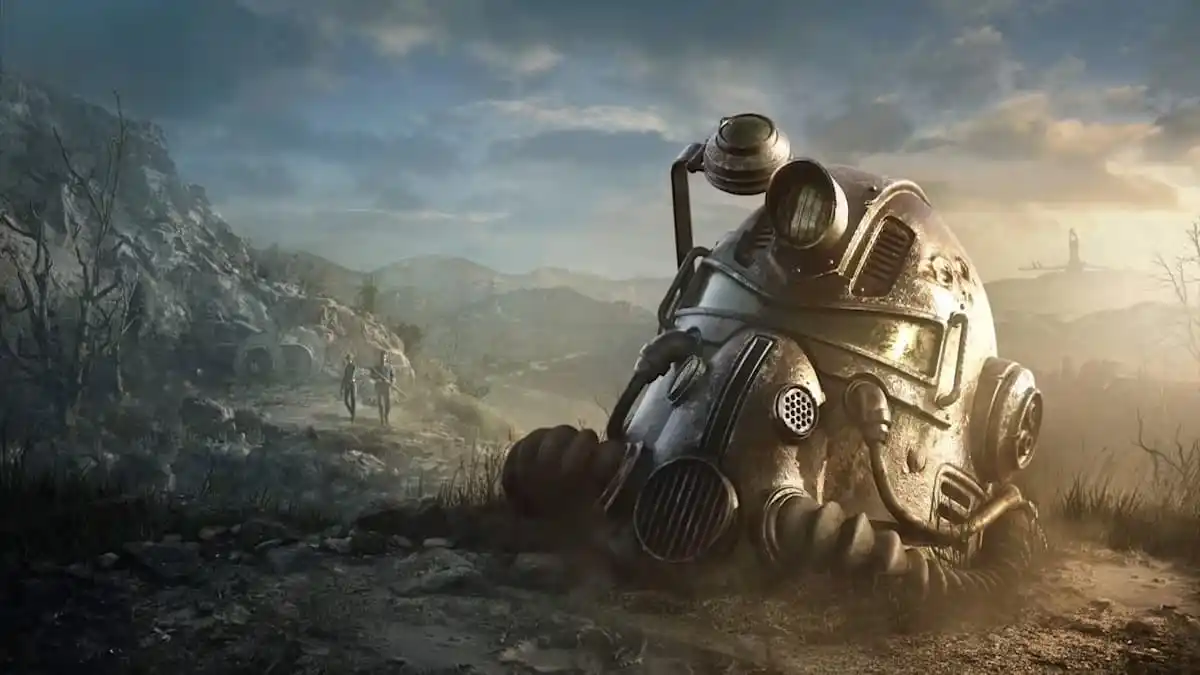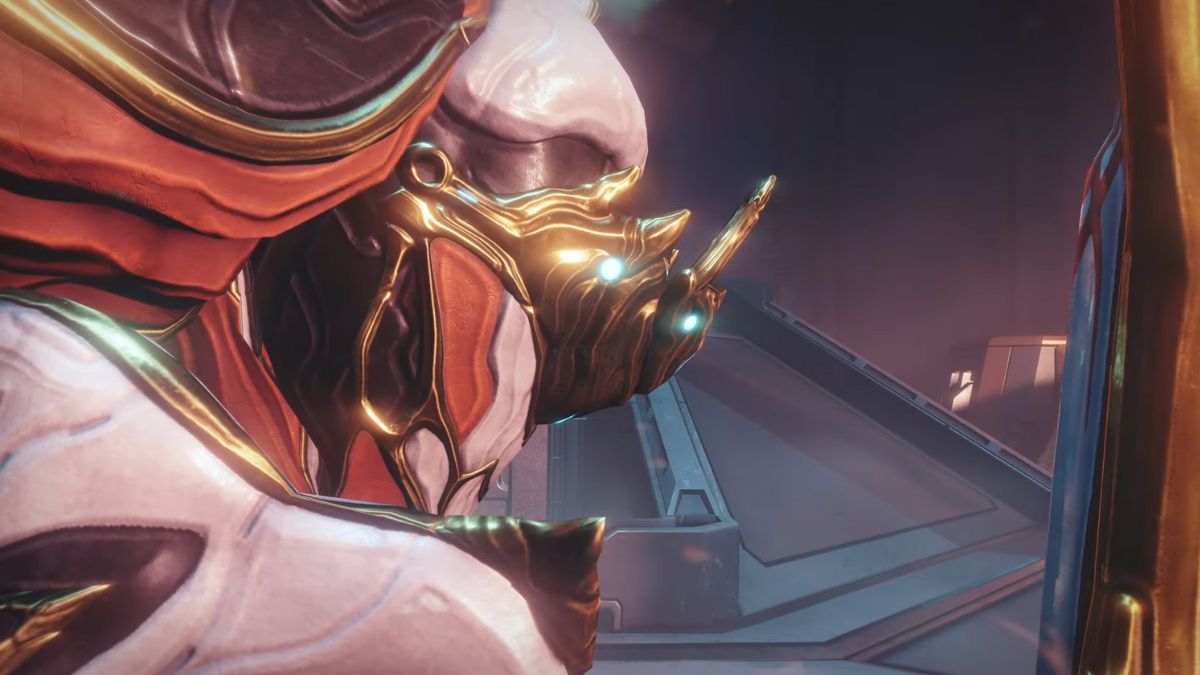For years, we’ve heard the same tired proclamations about the limitations of storytelling in videogames. This argument stands apart from the talent involved in making games; it’s not that the people making games are poor writers, but that the medium itself cannot tell a story as effectively as a film, novel, or play. There may be some truth to these arguments, despite many of them being hugely exaggerated.
However, what few are likely to talk about are the storytelling methods unique to the medium of the videogame. Games are only just beginning to explore these strategies, and as such, many of the attempts are slipshod at best. Yet each attempt, in spite of its quality, raises a very interesting question. What advantages over other storytelling mediums are built into the very fabric of the games we enjoy, and with the proper execution, could they actually provide even more compelling storytelling?
One trend in storytelling connects player character death and the manipulation of progress that the player has made through the game. Two recent games in particular, Red Dead Redemption and Nier (spoiler warning for both games), explore this concept in divergent but equally interesting ways. In each case, the power of the statement made would simply be impossible in a film or novel. By manipulating the player’s progress in the course of the story, each game appeals directly to the player during pivotal moments in the story, and the increased impact of these moments suggests that breaking the fourth wall can work brilliantly in a videogame narrative. Spoilers follow after the break.
Nature vs. Nurture in Red Dead Redemption

While scientific debate concerning the theory of tabula rasa and inheritance of personality traits doesn’t dominate the spotlight as it once did, there’s no doubting that powerful statements can still be made in favor of one or the other (or, perhaps, a mixture of the two). Are we, as humans, products of our upbringing and the world around us, or do our genes determine who we will become?
I will admit to being taken aback when the conclusion of Red Dead Redemption explored this theme. After the death of the main character, John Marston, the player regains control of the action, and the story continues. Obviously, there’s a new character in the mix here: none other than Jack Marston, son of the game’s main character, who the player had been teaching and training during the story missions leading up to the game’s conclusion. Taking the narrative three years into the future, the game shows an older Jack Marston, dressed quite similarly to his father, before handing control of this character over to the player.
The curious part of this is that Jack, in many ways, is not a new character at all. He is John, for all intents and purposes. Despite his different face model and voice, he steps right into the shoes of his father in nearly every way. Jack inherits all of the progress that the player has made throughout the game: if you finished all of the ambient hunting challenges and became a master hunter, Jack too will become a master hunter. Similarly, if you left a stranger’s side mission half completed, Jack will inherit all knowledge of the mission’s progress, and the player can pick up right where he or she left off.
From a gameplay standpoint, this is simply a way to ensure that the player isn’t prevented from continuing the gameplay experience after the death of the player character. An open world game killing the main character and refusing to let you continue to explore and clean up your side missions? An unquestionably bad idea. Giving player control over to Jack is an easy way to avoid that.
However, the game’s final story-related trophy/achievement, “Nurture vs. Nature,” suggests that this decision was more than just a gameplay decision. While the plot doesn’t actively acknowledge it (which would pretty much shatter the fourth wall, and maybe some other walls as well), the transference of in-game progress from John to Jack absolutely makes a narrative statement. In fact, each inherited element of the player’s progress can be considered to make its own statement.

For instance, one of the most visible statistical elements in Red Dead Redemption is the tracking of the player’s honor. While I don’t really agree with games assigning numerical values to morality and honor, Red Dead Redemption manages to make this compelling by the end of the game by transferring all of the honor or dishonor gained by John to his son, Jack. Quite a strong “sins of the father” statement, is it not? Especially in the face of many late-game proclamations that John hoped his son would be a better man than he, the tragedy of John’s death is made more intense as we see that what could be considered his dying wish is not granted.
The exact statement that this makes can be interpreted in a number of ways. Perhaps it is meant as a statement to the player: Jack inherits John’s honor because it is not truly their honor at all, it is the player’s. As characters, neither John nor Jack have free will, as they are only the player’s tools. Take it a step further and this could even be twisted into a religious message, though I don’t believe that was the writers’ intent.
As suggested before, the transference of honor could also be intended simply to make the player think about fatherhood and its effect upon children (which a large number of games in the past two years have explored). What effect do the teachings and actions of a father have upon his children? Do actions speak louder than words? How much control does a father have over who his child becomes? The statement made in this case is quite similar to that made in BioShock 2: a child will watch who his father is, and his actions will slowly but surely transfer personality into the child to shape him or her.
But while BioShock 2 makes this statement via the game’s ending cutscene and some preceding dialogue, Red Dead Redemption takes it that one step further. BioShock 2 takes your progress through the game and gives you one of a few different endings that essentially amount to “You were good” or “You were bad.” Red Dead Redemption lets you take control of your legacy, spending some actual time with the man that you unwittingly created.
None of this would be possible in a narrative that does not give the person experiencing it the control over the main character.
A Death of a Different Kind in Nier

Playing through Nier was not a pleasurable experience for me. The game, while it has a fascinating story concept and some of the best music I’ve heard recently, is so riddled by poor gameplay design choices that it becomes a chore far before you’re finished with your first playthrough. This is a shame considering the fact that, to experience all of the game’s story content, you’re expected to finish the game four times. This is especially unfortunate since the game’s final ending does something so bizarre that I’ll forever regret finding out about it via a YouTube video rather than first-hand.
So, imagine this: you’ve been playing thirty or so hours of a mediocre action RPG, forced to do such menial tasks as collect every weapon in the game simply to see all of the endings. You’ve been marginally interested in the story, which tells the tale of a man on a quest to save his daughter from a terrible illness and subsequent kidnapping. The game’s first ending showed you a parallel story of another father trying to save his own daughter, whose life has been transferred into your daughter’s body. Despite the game’s somewhat poor storytelling, you’re so intrigued by the concept that you continue on. For another 20 hours.
You watch the remaining endings, which focus more on some of the supporting characters. Of particular interest is Kaine, whom the main character befriends during the course of the game. At the game’s conclusion, Kaine becomes fully possessed, turning her against the player character. Two choices for ending the game are given: kill Kaine, or sacrifice your own existence to give life back to her.
“An easy decision,” you say. You place the cursor over the choice to sacrifice yourself, and you confirm it. Then, a voice begins, “You will disappear from this world. Your daughter, your friends…everyone in your life will forget you. You, and every sign that you ever existed, will be erased.” You think little of this until a prompt appears on your screen.
“If you choose this option, all of your save data will be erased.”
Wait, what?
No, the game is not jesting. Confirming this option (and the many subsequent “are you sure?” screens) leads to a series of screens showing the game erasing all of your progress. The menu screen appears, as all of your items, weapons, quest log information, and, yes, even fishing records (no, not the fishing records!) are progressively erased. Then, the save screen comes up, and it too is wiped out completely. The screen fades to white, and a cutscene unfolds in which the defeat of the game’s major antagonist is attributed to Kaine, and the main character’s daughter makes no allusion to possessing any knowledge of her father whatsoever. The player character truly vanishes; check the continue option after the credits and, sure enough, it’s empty.
That’s a bold move for a videogame if ever I saw one.

One thing that any work of fiction lacks is the ability to make any tangible impact upon our lives; while an emotional film can cause us to cry, to think, or even to change our opinions on something, it can’t cause us physical harm, or destroy any of our possessions. Nier, of any work of fiction I’ve experienced, gets closest.
By threatening to erase all of our progress, Nier presents a choice that, for perhaps the first time in a videogame, appeals directly to the player, almost entirely independently of the in-game character. The choice isn’t meant to be made by a player inhabiting a character, but rather by the player with regards to his or her own life and desires. The true sacrifice that the game asks you to make is not the life of the player character, but the record of your progress through a videogame. While it may seem silly on the surface to care that a save file would be deleted (especially for a game that, after its completion, you’ll likely never play again), anyone who has had a memory card corrupted will know the feeling. Those save files are records of how we have spent our time, showing our accomplishments and assuring us that our memories of the games we played will always have some tangible record, like a snapshot taken and kept in a photo album.

Is the life of a fake in-game companion worth the irreversible loss of 40 hours of real-world work?
In the realm of choice in games, it certainly gives the player more cause for reflection than a situation like “Should I nuke Megaton?” But above all, it’s another example of a way to tell a story that is entirely unique to videogames. A film trying to tell the same story would lack the same profundity; it would essentially amount to yet another story of sacrificing one’s life. A game that shows a player character in the same situation essentially amount to little more than that. But a game that forces a player to make a choice of personal sacrifice rises above all other storytelling mediums.
For videogames to truly come into their own as a storytelling medium, making them feel more and more likely movies isn’t going to get the job done, not by itself at least. Instead, storytelling needs to embrace the unique qualities of the medium, and both Red Dead Redemption and Nier prove that, with a little creativity, this is not only possible but hugely potent.




